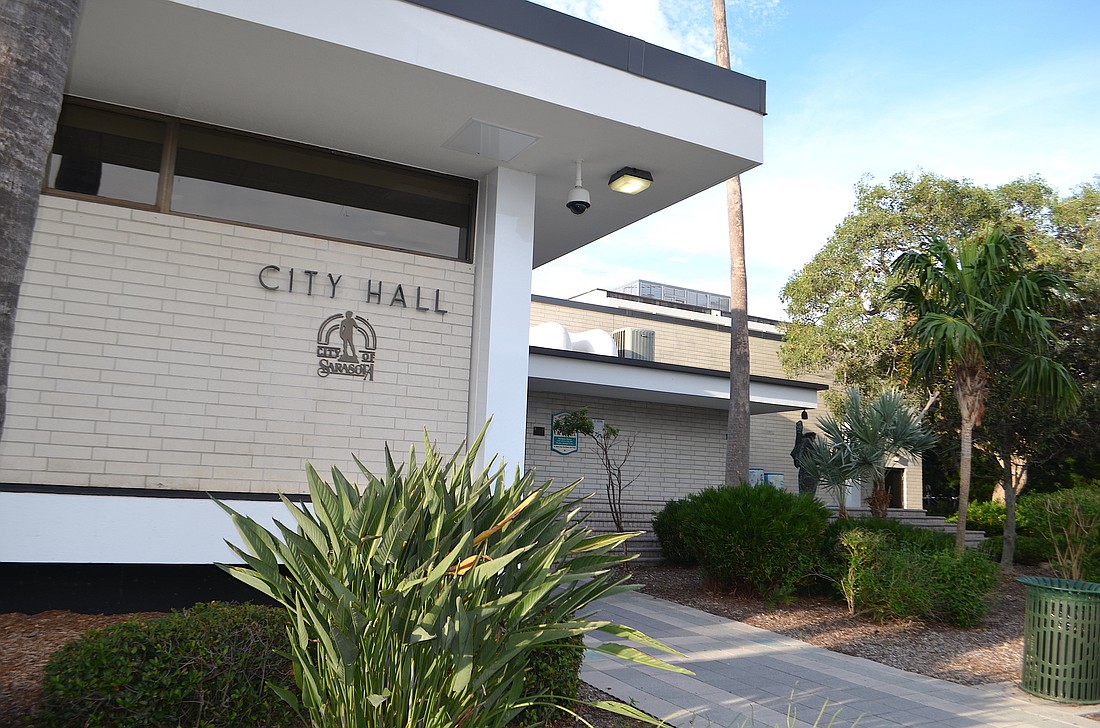- November 22, 2024
-
-
Loading

Loading
 Photo by Andrew Warfield
Photo by Andrew Warfield
Although he lobbied hard, City Commissioner Erik Arroyo was unable to gain enough traction to win approval of his proposed ordinance to require paid lobbyists to register with the city.
Joined by Mayor Liz Alpert in favor of the ordinance, it failed 3-2 with Vice Mayor Jen Ahearn-Koch and commissioners Debbie Trice and Kyle Battie opposed.
At the commission’s direction, City Attorney Robert Fournier crafted a proposed ordinance borrowing language from select ordinances used by local jurisdictions throughout the state. Arroyo’s intent was to require individuals who are compensated by a third party to lobby elected officials to register to make that process more transparent.
At the City Commission meeting of April 1, the commission directed that a basic lobbyist registration ordinance be prepared that did not impose various requirements on the lobbyist such as disclosure of all private meetings with commissioners or staff, disclosure of amounts spent during the previous year and registration fees.
Both Ahearn-Koch and Trice characterized the proposal as confusing, unenforceable and overkill, pressing Arroyo for specific examples of when paid lobbyists have communicated with commissioners both in private and in public forum.
“We interact with people, stakeholders who present their views and concerns, and have proposals on policy matters,” Arroyo said. “While many of these stakeholders are passionate citizens, genuinely concerned about the community, there remains some uncertainty about those that might be representing interests beyond the common welfare, particularly if they're compensated for such representation."
Arroyo said it is critical to differentiate between paid lobbyists and genuine representatives of groups or neighborhoods to provide the proper weight to their comments and testimony.
“It diminishes the value of true advocacy an organization, a neighborhood coming in and actually caring about their community,” Arroyo said.
Ahearn-Koch said she is concerned that confusion over who is and who is not a lobbyist could result in hesitancy to speak by some members of the public or organization representatives.
Arroyo did win a consolation prize of sorts. Following the failure of his motion, Trice moved to require those who speak to the commission at meetings specify their lobbyist status on the speaker cards, which must be filled out before approaching the dais.
Although that motion was approved unanimously, Arroyo was left dumbfounded.
“So we would benefit from knowing who's being compensated when they come here, but we wouldn't benefit from knowing who's being compensated in every other such situation outside of the public meeting?” he asked.
“It's a major investment with very little relative return,” Trice said of Arroyo’s proposal, “and this is a minor investment with a big return. That's the difference in my way of thinking.”